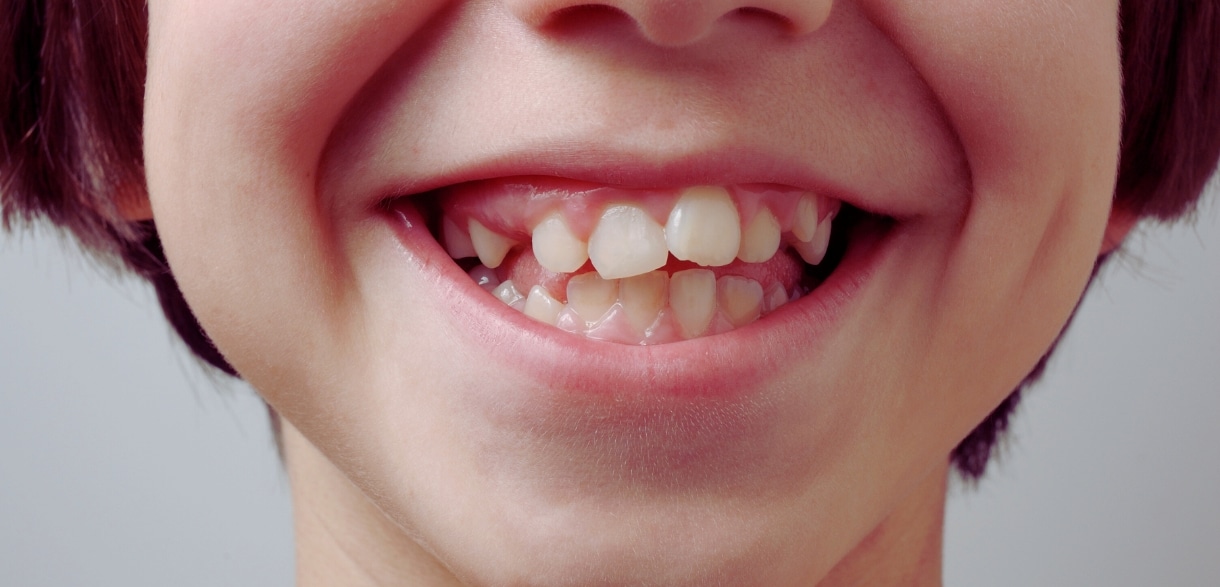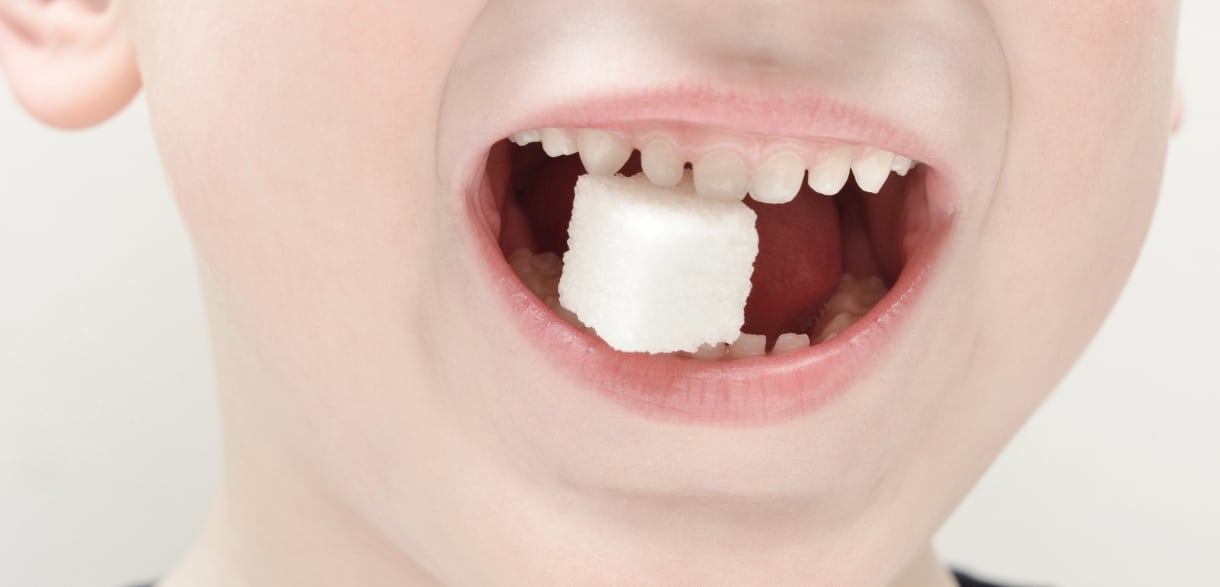From Thumb Sucking To Pacifiers: Breaking Harmful Habits For Oral Health

As children begin to navigate their surroundings and encounter various experiences, they naturally seek comfort and security. Thumb sucking and pacifier use are two common self-soothing habits many children develop during their early years. These habits are natural coping mechanisms that provide emotional support, particularly during stressful or unfamiliar situations. Initially, they might not seem concerning, but as time passes, there can be potential drawbacks to their oral health if these habits persist beyond a certain age. In this blog post, we’ll delve into the effects of thumb-sucking and pacifier use on children’s dental health and explore interactive ways to help them break these habits for a healthier smile.
The Impact of Thumb Sucking on Oral Health
Understanding the Habit
Thumb sucking is a natural reflex in infants that provides comfort and security. However, if this habit continues beyond three and up, it can lead to potential dental problems. Constant thumb sucking can cause misalignment of teeth, open bites, and changes in the roof of the mouth’s shape.
Identifying the Risks
Prolonged thumb sucking can affect the proper growth and alignment of the child’s teeth and jaw, potentially leading to orthodontic issues in the future. Moreover, it may also impact speech development and cause lisping or other speech impediments.
Breaking The Thumb Sucking Habit
Positive Reinforcement
Instead of scolding or punishing your child for thumb-sucking, offer praise and rewards when they avoid the habit. Positive reinforcement can encourage them to replace the behavior with healthier alternatives.
Distraction Techniques
Distract your child with fun activities or toys when you notice them starting to suck their thumb or reach for their pacifier. Engaging their attention elsewhere can help them forget about the habit.
Find The Underlying Cause
Address any emotional or psychological factors that may be triggering the thumb-sucking habit. Sometimes, children turn to this behavior to cope with stress, anxiety, or boredom.
Involve The Dentist
Your child’s dentist in Allen, TX, can play a crucial role in breaking the habit. Dentists can explain the potential consequences of thumb sucking and motivate the child to stop.
Be Patient And Understanding
Breaking a habit can take time, and being patient and understanding with your child throughout the process is crucial. Avoid scolding or shaming them, as it can create unnecessary stress and hinder their progress.
The Pacifier Predicament
Pacifiers have long been a source of comfort for infants and toddlers, offering a soothing alternative to thumb-sucking. However, like any habit, pacifier use has its own pros and cons. While they can provide immediate calming effects and even reduce the risk of Sudden Infant Death Syndrome (SIDS), parents and caregivers should be aware of the potential dental issues associated with prolonged pacifier use.
Pros Of Pacifier Use
- Soothing and Calming: Pacifiers can provide instant comfort for babies, helping them to self-soothe during distress or anxiety. The gentle sucking motion can mimic the instinct for nourishment, providing a sense of security and relaxation.
- SIDS Risk Reduction: Studies have shown that pacifier use during sleep can reduce the risk of Sudden Infant Death Syndrome (SIDS). The mechanism behind this is not entirely clear, but the presence of the pacifier may help keep the airway open and prevent suffocation.
Cons of Pacifier Use
- Dental Issues: One of the primary concerns with pacifiers is their potential impact on dental health. Prolonged and excessive pacifier use can lead to malocclusion, a condition where the teeth become misaligned. The constant pressure on the developing teeth can cause them to shift out of their proper positions, leading to bite problems and even changes in the jaw shape.
- Speech Development: Extended pacifier use can also affect speech development. Children who use pacifiers for an extended period might have difficulty articulating certain sounds or words, as their tongues and mouths may adapt to the presence of the pacifier.
Gradual Weaning Off Pacifiers
If your child heavily relies on pacifiers, it’s essential to consider a gradual weaning process to minimize potential dental issues. Here are some tips for successful pacifier weaning:
- Set Limits: Begin by limiting pacifier use to specific times, such as naps or bedtime. Avoid allowing your child to have the pacifier throughout the day, especially during waking hours.
- Introduce Comfort Items: Encourage using a favorite blanket or soft toy as a substitute for the pacifier. This can help ease the transition and provide comfort during stress or sleep.
- Praise and Encouragement: Positive reinforcement is crucial in the weaning process. Praise your child when they do not ask for the pacifier or accept using it only during designated times.
- Gradually Reduce Frequency: Over time, gradually reduce the frequency of pacifier use. For instance, if your child used to have it for every nap, try skipping it for one nap a day and gradually progress until they no longer need it.
- Involve the Child:
- Make your child an active participant in the process.
- Explain that they are growing up, and it’s time to say goodbye to the pacifier.
- Create a small ceremony where they can willingly part with it.
Breaking these habits at an appropriate age is essential for maintaining good oral health and dental development. Most children naturally stop thumb-sucking or pacifier use on their own between the ages of two and four. However, if the habit persists beyond this age, it may require intervention to prevent potential dental issues.
As parents, we must help our children develop healthy habits that contribute to their well-being. Finding interactive ways to break these habits can make the journey enjoyable and rewarding for parents and kids when it comes to thumb-sucking and pacifier use. Remember, patience, understanding, and positive reinforcement go a long way in guiding your child toward better oral health and a bright, confident smile.


